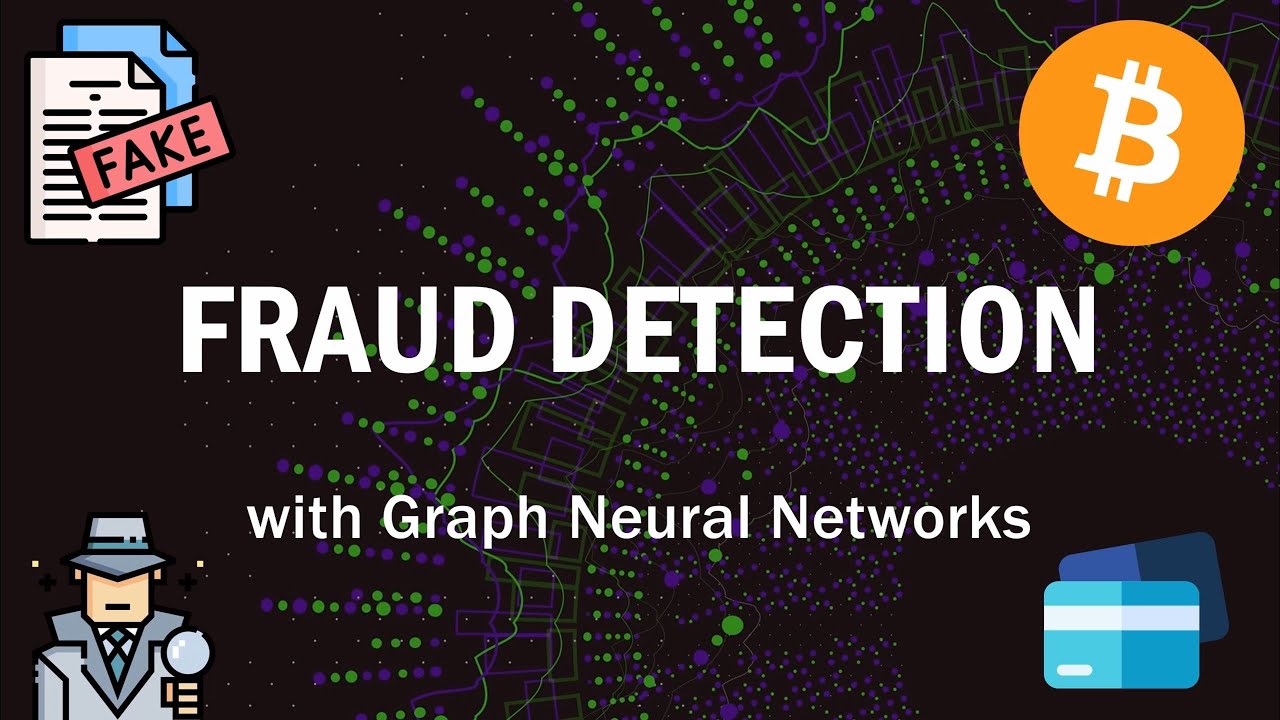
Перефразированный заголовок на русском: Мошенники используют нейросети для обмана и шантажа россиян

Russian citizens are being alerted to a growing threat: fraudsters are increasingly leveraging neural networks for sophisticated deception and blackmail schemes. This new wave of cybercrime highlights the evolving tactics employed by malicious actors.
A notable incident recently occurred in Moscow, illustrating the gravity of the situation. A minor reportedly clicked on an unknown link, subsequently receiving messages from an anonymous account on a messaging platform. The messages contained demands for money, threatening to distribute alleged intimate photographs of the victim to her acquaintances if payment was not made.
Analysis of similar scam communications, including one obtained by media, with tools like ChatGPT, suggests a high probability (approximately 90 percent) that the texts were generated by artificial intelligence. This conclusion was drawn based on characteristics such as incoherent phrasing, repetitive language, and a generally mechanical tone—short, undetailed sentence fragments that failed to genuinely respond to queries.
This warning comes amidst previous disclosures regarding various online schemes where dangerous websites masquerading as free neural network services have targeted Russians. One such method involved enticing users to download an archive containing a supposed DeepSeek client for Windows, likely intended to install malware or compromise user data.
This article has been rephrased, summarized, and translated from its original Russian source.











